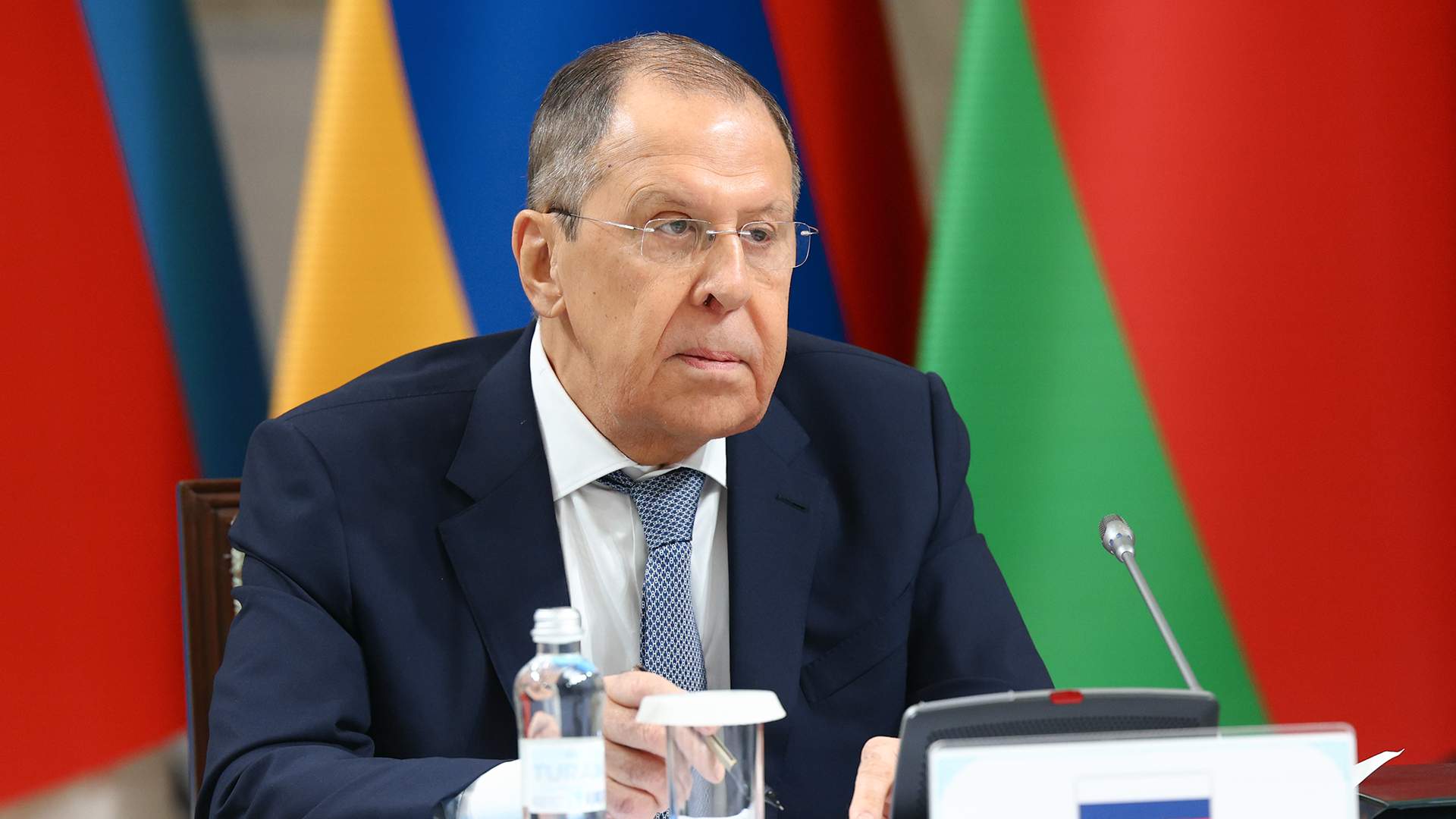Free entry: alternative payment platforms will be available outside BRICS

When creating alternative payment platforms within the framework of the BRICS, countries outside the association will also be able to have access to them. This was stated by Russian Foreign Minister Sergei Lavrov following a meeting of the CIS Council of Foreign Ministers (CFM). Izvestia investigated the advantages of alternative platforms and whether they would speed up the de-dollarization process.
Likely benefits
Alternative payment platforms being developed within the framework of the BRICS can potentially offer a number of advantages both for the participating countries and for external partners, said Alexander Ignatov, a researcher at the Center for Research on International Institutions at the Presidential Academy.
— Firstly, it is the strengthening of financial sovereignty: such systems make it possible to circumvent dependence on Western infrastructure (for example, SWIFT), which is subject to sanctions pressure. Secondly, it reduces transaction costs through the use of national currencies or integration with central bank digital currencies (CBDCs). Thirdly, the diversification of financial risks," the expert noted in an interview with Izvestia.
In the context of geopolitical instability, in his opinion, alternative platforms can provide more stable payment channels, especially for countries with limited access to more widespread payment systems.
— The main advantage of the new platforms will be that they are not American / European and cannot be used to implement sanctions or will not depend on changes in the policy of the US authorities, or the eurozone, or individual countries. There may also be technological advantages: both Russian and Chinese fintech are more advanced in many matters than Western fintech," Anton Tabakh, chief economist at Expert RA rating agency, told Izvestia.
Payment platforms are playing an increasingly important role in the global economy today. Of course, most countries will not seek to limit their use — on the contrary, the more multinational the platform is, the more efficiently it will be able to work, said Arthur Leer, vice president of the Association of Exporters and Importers, in an interview with Izvestia. This is due to a number of advantages over the classical banking sector.
— This is digitalization and high-speed payment processing. There are also more flexible and business-friendly mechanisms, including in the field of compliance. In traditional banks, compliance can be overly regulated, which hinders operational work. Digital platforms often offer clearer and more transparent solutions," he said.
The expert also noted the level of confidentiality. Depending on the personal data protection mechanisms used, digital platforms can provide a higher level of security. All these factors make digital platforms attractive for businesses and participants in international trade. Of course, one cannot ignore the geopolitical aspects. Russia remains one of the largest economies in the world, and many countries are interested in cooperating with it. In this context, a digital platform can become an effective tool.
"This topic is within the competence of the Ministry of Finance of Russia and the Bank of Russia," the press service of the Ministry of Economy told Izvestia.
Izvestia was asked by the Central Bank and the Ministry of Finance, but no response had been received at the time of publication.
Dedollarization of the economy
Alternative platforms can really speed up the process of de-dollarization, emphasized Alexander Ignatov.
— However, under one important condition — if they are not only technologically reliable, but also economically beneficial for the participants. The introduction of settlements in national currencies or, for example, in the conditional "BRICS currency" will strengthen the downward trend of the dollar's dominance in international trade and interbank transactions, he said.
At the same time, the process of de-dollarization itself will remain gradual and will depend on confidence in new systems, the liquidity of alternative currencies, and the willingness of participating countries to switch to settlements outside the dollar zone.
— The events of recent years and even days, including the introduction and freezing of duties, especially the decision—making process, undermine the authority of the United States as a pillar of the financial system. But the lack of alternative financial infrastructure is one of the factors supporting this role. New payment systems, if they are convenient, popular and politically neutral, can become part of the required conditions for faster de—dollarization," Anton Tabakh is confident.
The emergence of digital platforms is unlikely to be the main driver of de-dollarization, noted, in turn, Arthur Leer.
— This process is really going on, albeit slowly. We are seeing an increase in settlements in national currencies, the use of digital currencies and alternative payment systems. All this is part of a broad economic transformation," said Artur Leer. — Digital payment platforms will certainly play a role in this process, but de—dollarization is a much more complex and multifaceted dynamic, depending on a number of factors and tools.
There are concerns in the American expert community that Trump's isolationist policy will accelerate de-dollarization in the long run. In particular, Arindam Sandilla, co-head of global currency strategy at JP Morgan and head of macro strategy in Asia, said earlier that Trump's economic policy is likely to only strengthen the trend that has been observed over the past two decades. The point is that the share of the US dollar in the reserve reserves of the Central Bank around the world is steadily decreasing, and countries are actively favoring alternative reserve assets such as gold. According to Arindam Sandilla, the "slow process of erosion" can continue for a long time against the background of the introduction of trade duties.
Yesterday it became known that the dollar index decreased by about 4% in the first three months of this year. Last year, the indicator grew by about 7%. However, this change is not only due to the decisions of the new US president. The growth of the euro contributed to this process, driven by optimism about Germany's plans for infrastructure and defense spending, which revived the economy.
Переведено сервисом «Яндекс Переводчик»






